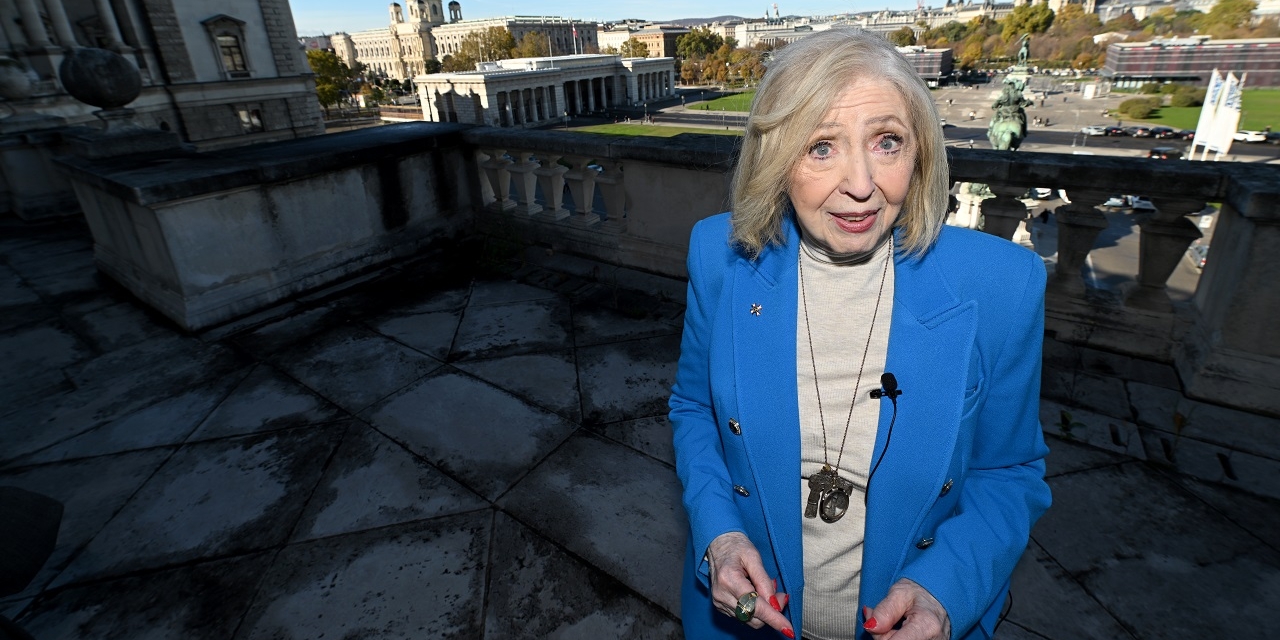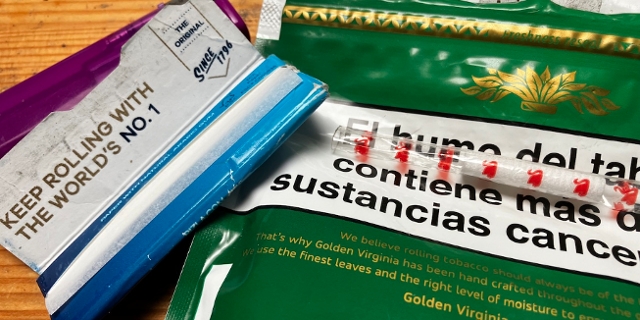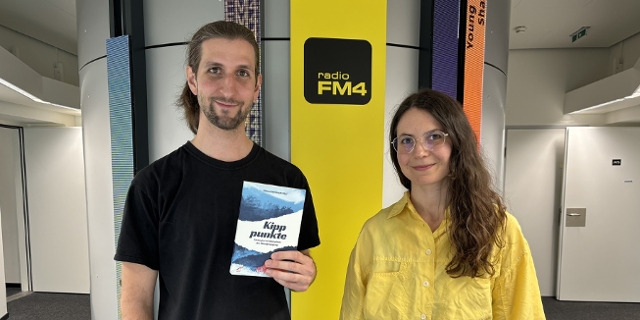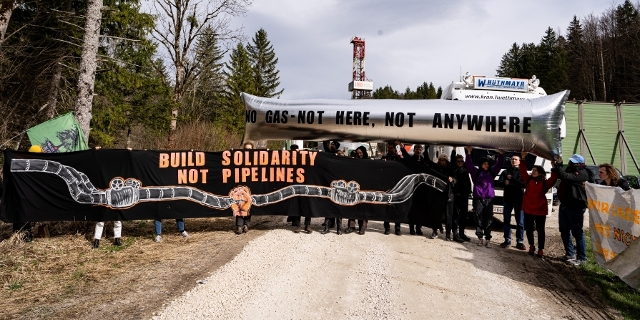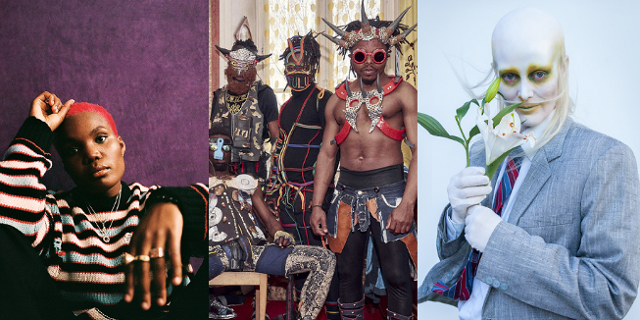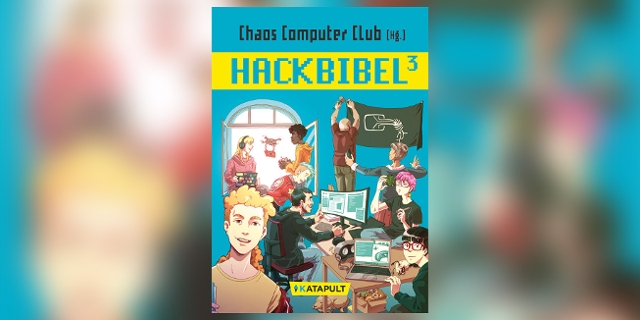„It wasn’t an invasion. It was a reception.“
A 96-year old Erika Freeman grew up in Vienna in the 1930s and as a young Jewish girl was persecuted by the Nazis who put her father in a concentration camp. Her mother died in an Allied bombing raid.
Erika fled alone to New York at the age of twelve and, eventually, became a renowned psychoanalyst to the stars. Woody Allen was on her couch. And she was a friend and adviser to Marlon Brando, who she called „amazingly sensitive“ and Marilyn Monroe who described as „highly intelligent“.
Now back in Austria, staying in the grandeur of the Hotel Imperial, she speaks regularly out about her childhood experiences under the Nazis.
I asked her about he most vivid memories of that dreadful time:
Erika Freeman: I have two vivid memories. The first was when they marched in. There was a lot of jubilation, and every single house had a Nazi flag on it. I don’t know where they got them from because there were supposed to have not known what was coming, but anyway... the point is it wasn’t an invasion. It was a reception. And I was walking and I had two blond pigtails. Two SS officers came towards me and one picked me up and said to the other. “This is how a German child should look.”
The second is this. They hey had thrown Jewish children out of the gymnasiums (the academic secondary-schools). But, in order not to show how bad they really were, they kept one Jewish gymnasium where they put the good students. And I was one of them. And the trouble was that the Hitler Youth and the Bund Deutscher Mädel used to wait by the gates and beat us up. So you learned not to walk two by two. You learned it was better to walk alone. When you were alone, you’d run. When there were two of you, there was the temptation to fight. But it’s dangerous to fight because God forbid I was to hit one of those Nazi children and maybe they get a bloody nose. God knows what would happened to my mother? My father was already in the concentration camp. So you didn’t fight back. You’d just run. And then I learned how to stop a bloody nose without using a handkerchief. Because in those days there was no Kleenex yet. I didn’t want my mother to see my bloody nose or the blood so she would worry. So I would come home and go inside the building and wait around for the nose to stop bleeding and not to bleed on anything that she could see and then go into the flat.
Chris Cummins: These are tough memories. Why do you feel it’s still important to tell people about what happened to you and your family in those days?
Erika Freeman: Well, I never used to talk about it at all. And then there was an organization called Letter to the Stars that invited people like me back to Austria. And then I talked about it and now I realise it’s important to talk. But in those days all I wanted to do was forget the whole thing and not upset people. And when I first came to America and I was sent to a school. It was a sort of boarding school for, orphans and children from broken homes and for me – a child refugee.
There were social workers there, and when I told them what happened, nobody believed me. The head of the psychiatric division, who was a wonderful man and specialist in adolescents, called me into his office and asked “Why are you telling these terrible stories? Don’t make up stories like that! They think you’re crazy”. I told him I wasn’t making it up at that it was really what happened. He said, it couldn’t have happened, I must have a vivid imagination, but even if it did happen, I should keep it to myself because nobody believes it and everybody thinks you’re off your rocker. So I considered him my good friend because at least he told me to stop talking. And whereas the others thought I was lying. How they think a child could invent such things? I don’t know. But anyhow, that was interesting because nobody believed the words I said and there was nothing you could do about it. And if you’re a child, they certainly don’t believe you.
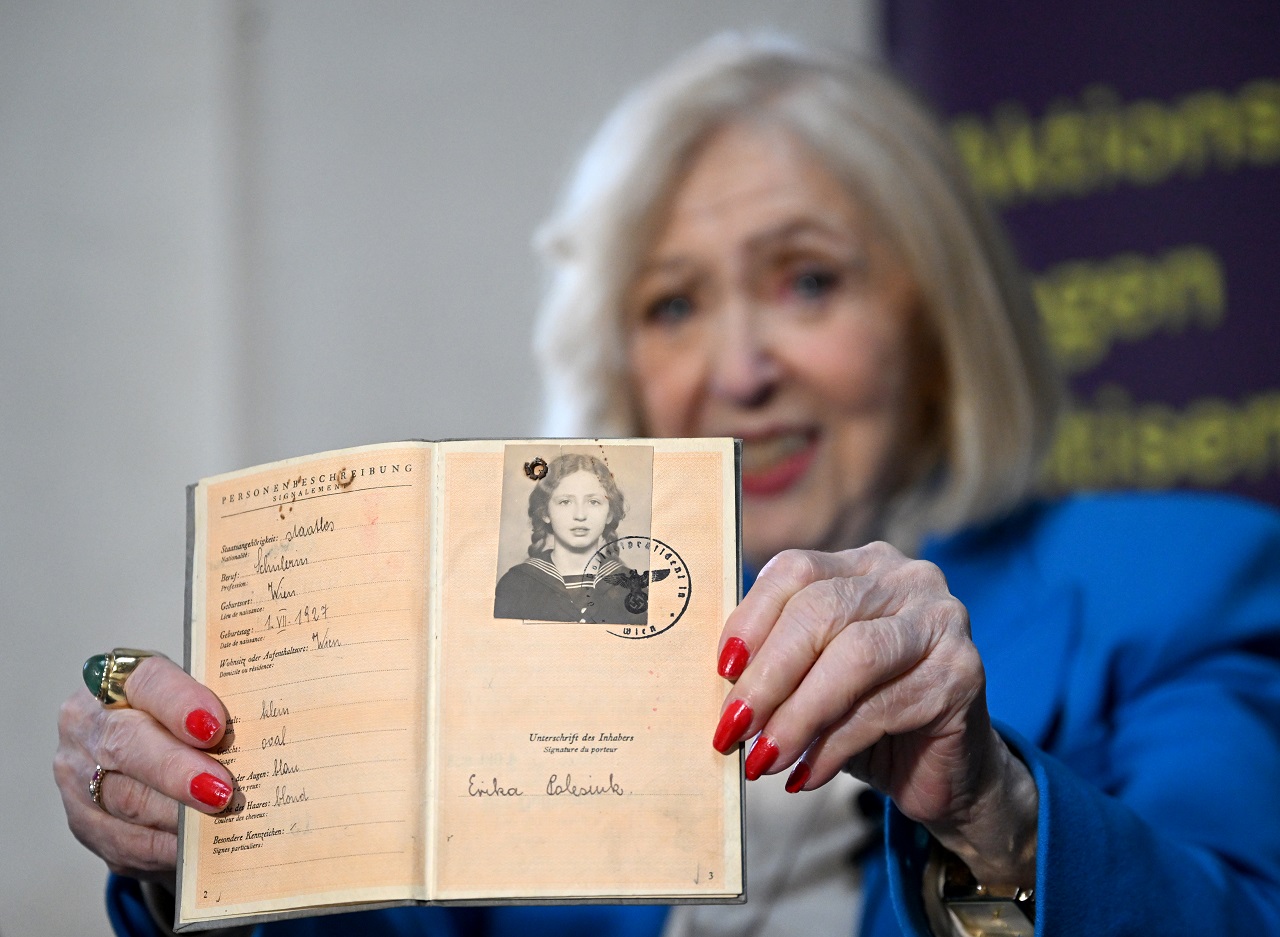
APA/ROLAND SCHLAGER
6 million people died. There was unimaginable pain, and unimaginable horror. Yet nowadays we still have Holocaust deniers. How does that make you feel?
Erika Freeman: Well, the problem is that if you do something as horrendous as that, you have to deny it. That’s the dangerous thing about denying it, is that you will have it happen again. Because if you say it never happened in the first place, can’t similar things happen again? God forbid they should never become the same. Instead of recognizing this is the road to hell, these deniers say: “It’s a road we don’t know yet. Let’s see what’s at the other end.”
You left Vienna as a child refugee at the age of 12. You were going to go to Palestine. That was the plan. In the end, you went to the USA instead. How did it come to that?
Erika Freeman: Because my uncle had come from Vienna to send me an affidavit to come to America. And in those days, the only way you could come to America was according to a quota system, according to the original population that had immigrated to to America before it was even the USA. And so I was the German quota which was the third largest after the British and then Irish. It meant I could legally go to the United States. But my family was in Palestine because they were in kibbutzim, and that was the dream. And my mother said, “OK, you’re going to Palestine. I said, “No, I’m going to America.” She said, “Why?” I said, “Because a certificate has no name on it, which means anybody can use it. An affidavit has only my name on it. So if I go to America, you can save another child.”
So maybe one child went in your place to Palestine, a child who might have died. You saved her life or his life?
Erika Freeman: Yes, of course. Oh, yes. That was the whole point. They had to get out and the certificate would let me out, but I could also go to America. So somebody else went to Palestine and I went to America.
You were a child refugee. How do you feel when nowadays in different areas of the world we see child refugees? They’re treated as numbers. They’re kept in sometimes terrible conditions. They have even been in cages.
Erika Freeman: I regret that they go through this, but I’m not surprised. I mean, it’s terrible. But it’s what happened to me, only what happened to me and others like me was a lot worse.
Even after the Holocaust and Israel was created, you’ll hear people calling for the “annihilation” of Israel. I wonder how you think that has played on the Jewish psyche and now the politics of Israel?
Erika Freeman: It’s a reality. The original migrants were idealists who wanted to build a Jewish homeland. The British had promised to help them do that. Then the British made it illegal after they said they would help the Jews make a homeland. My aunt was in charge of the illegal immigration, and illegal ships, let’s say that means people who are fleeing for their lives got on those ships. When they got near Palestine, the British, when they caught them, maneuvered the ships into Cyprus and held them as prisoners there. So much for that promise! But nobody likes us. You know, I once met a personal advisor to Cardinal Koenig, when he was meeting an ambassador, and he asked me something and I answered “Eminence, if we Jews promise you never again to give birth to another Jesus Christ, would you finally forgive us for the first one?” And the Ambassador went green. And the Cardinal looked at me with the twinkling eyes and said, “A dangerous woman!”
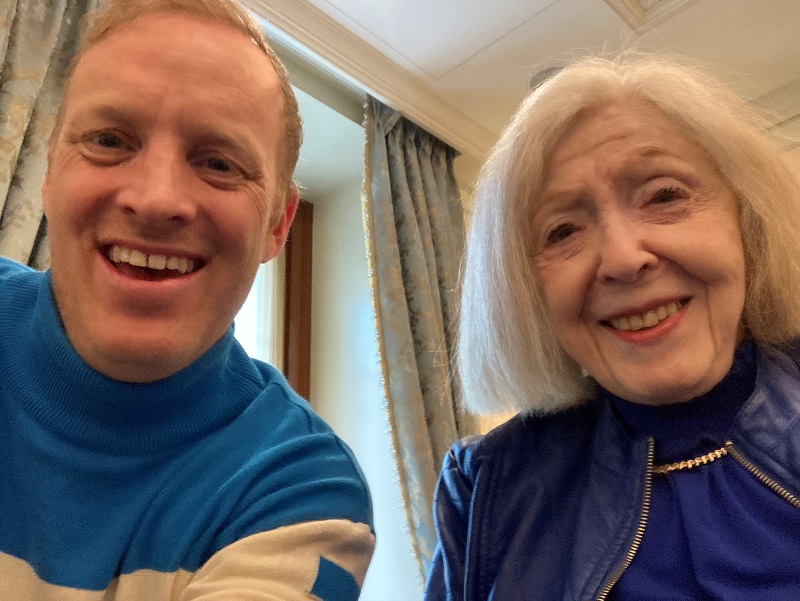
FM4
Chris Cummins and Erika Freeman
The Jewish sense of humour can be quite dark. Please tell me how you think this dark humour has played a role in Jewish culture.
Erika Freeman: It’s necessary. It’s a gift we have. It’s also a gift we have to promote. And it’s a gift we have to cherish, and we have to use it a lot. I mean, we practically have to abuse the gift.
You’re back now in Vienna and you’re staying in this beautiful hotel, the Imperial. You have described staying here as your „revenge on Hitler“... I didn’t know this but you say this is a place he liked.
Erika Freeman: It’s a wonderful place. It’s very beautiful. Everybody’s nice. And probably when he was in Vienna for the first time he couldn’t afford it and they probably would let him in. But anyway, so this was his great pride and joy that he could when he was “a great Führer”. Yimakh shemo. Do you know what that means?
No.
Erika Freeman: “May his name be forgotten”. It is used we have a tendency, I think, when we suffer from a crime to mentioning the name of the criminal; making the guy more famous than he deserves to be. He’s a criminal. His name should be forgotten. Because that’s the true curse - to be forgotten.
So many people were murdered. So many people were forced to exile. I was reading Stefan Zweig’s book about Vienna in the years before the 1930s. And it just made me wonder what Austria would have been like if those incredibly talented, intelligent, artistic people hadn’t been murdered or hadn’t been driven out. I mean, have you ever done that thought experiment of imagining if this awful Nazi period hadn’t happened, the Holocaust hadn’t happened, just how Europe would have been different? How Austria would have been different?
Erika Freeman: Austria would have been the glorious country that it was before the Nazis came; with all the thinkers and all the writers and all the composers. Austria was a tiny little place. And look at all those fantastic people who lived here and worked here and created here.
And so you’re back here in Vienna... Do you enjoy it? This is a place that your mother died. So many of your family were murdered during this time. It’s a long time ago, but it’s the same geographical place.
Erika Freeman: The first time that I came back was to get my aunt, who had lived here as what is known „an U-boat“, because Vienna was called “Judenrein” or “free of Jews”.
So she lived in the underground. She managed to survive despite the Nazi occupation.
Erika Freeman: Yes, there were a few of them there. Some nice Christians that let them sleep in places and stuff. Nowadays the city is not the same and it is the same. There are a lot of people who deny what happened. There are other people who are not all that sorry it happened, which is a whole other story, because there’ll always be Anti-Semites. It’s fascinating because it’s what we analysts call displacement and the fact that people cannot bear guilt. So if what they’ve done to you makes them feel guilty, they hate you more. They don’t feel sorry, it’s too much. So, all you do is remind them unwittingly. I’m just here. I like Vienna. It’s a very pretty town with some lovely people and it has a lot of terrible memories. But you forget the bad stuff unless you hold on to it. And then it poisons your soul. But you have to be careful, you know? Trust. But be careful.
But it must be frustrating when you see young people attracted to, say, far-right ideology, when you see people filled with hate to an ethnic group, a religious group, or a social group, as if we haven’t learned the lesson of what happened here?
Erika Freeman: We Jews belong to a special group of being hated. That is very sad for us. It’s very sad for the haters too. Because it makes up your soul to hate somebody. We know that when you are happy and you think good thoughts, you get healthy. And when you hate this negativity, it makes you sick. So to hate us makes you sick. It’s bad for your soul.
There are specific laws in Austria against what’s called a potato gong, so against echoing Nazi ideology. And there’s also anti-Semitism laws. I mean, can we use laws to defeat this system?
Erika Freeman: Yes, if it’s against the law. But there are people who are happy to break the law. But the truth is, it comes from an emotional need and part of it is transference. It’s like if your father is a terrible man and you’re not allowed to hate him, but you hear him talk about these Jews with the same sense of hatred that you feel towards him. So when you’re angry with him, you feel I can hate the Jews. It’s okay to hate them. So you transfer it, you displace it on us.
Publiziert am 30.03.2023







